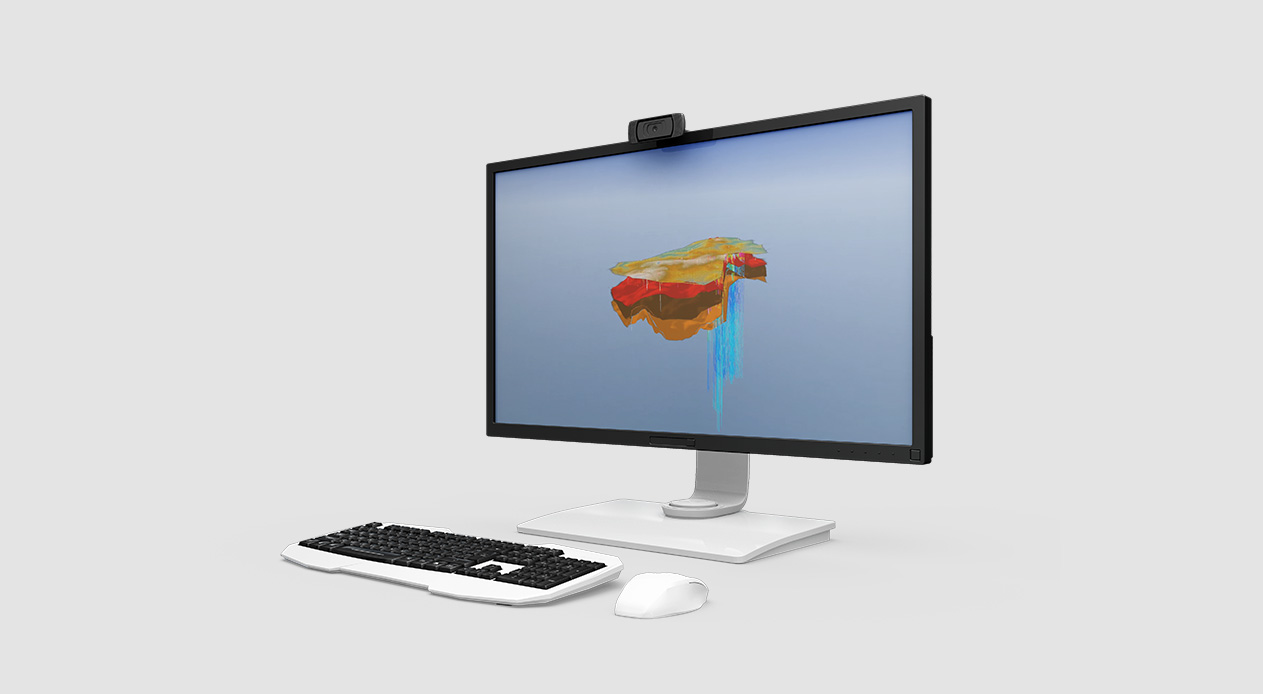Fast, Accurate Geological Modeling
Build geological models in a fraction of the time using cutting-edge machine learning
From EM data to Voxel Model
Would you like to be able to build a detailed voxel model based on EM data within only a few hours of work? – then keep on reading.
Fast Model Tools
- Quick Results for you & your clients.
Geophysical mapping used for hydrostratigraphic modeling has been advancing, increasing data volume and resolution.
However, this evolution pressures systems and data interpreters. Clients need quick results. That’s why we developed 'Fast Model tools' - to speed up data processing.
Fast Modeling
Concept:
Layered modelling:
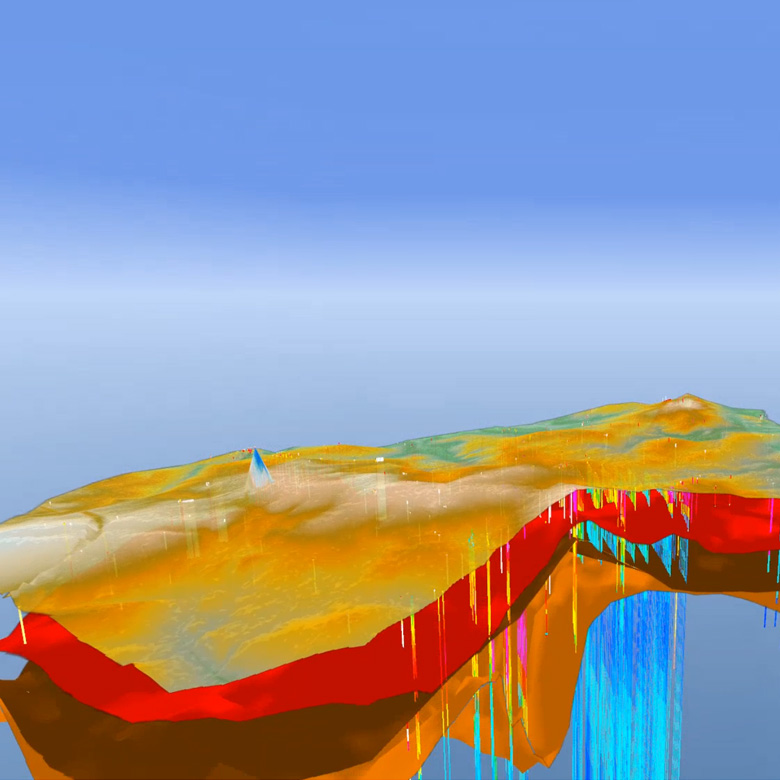
Easily train your own machine learning algorithm with a 3 step workflow to accurately create a model, based on your unique geophysical EM dataset.
Voxel modelling:
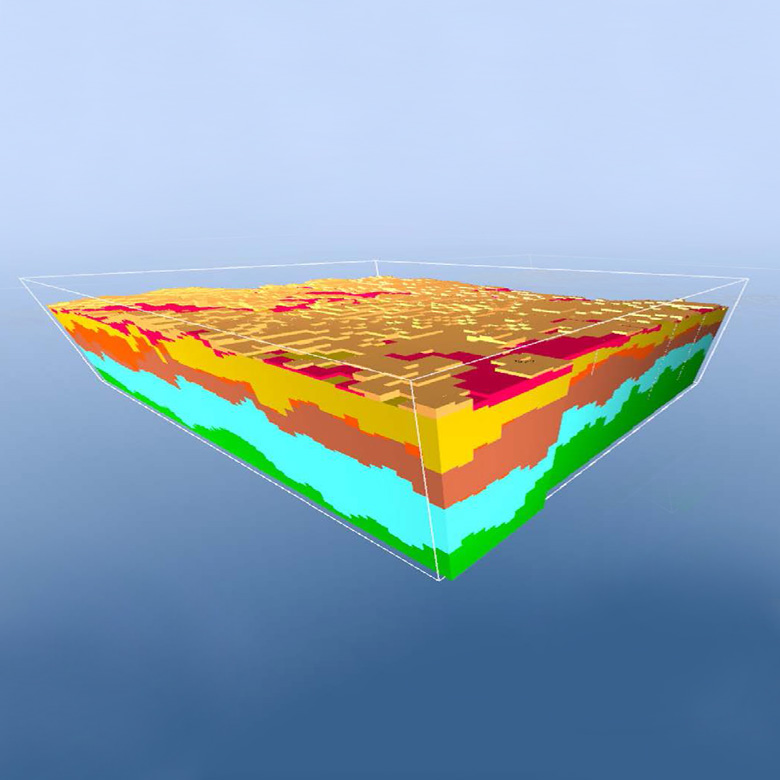
Quickly convert EM data into lithologic voxel models based on a fours step workflow, using GeoScene3D's specialized voxel editor.
Key Features
* The Fast Model Tools within GeoScene3D allows for easy integration with and export to third-party software such as FeFlow, MikeSHE, ModFlow, and others.
Smart
Interpretation
Uses EM data and expert input with advanced machine learning to predict geological layers in 2D & 3D.
Building accurate geological models doesn't have to be cumbersome or time-consuming. With GeoScene3D, you can create detailed models in just hours using advanced machine learning tools like Smart Interpretation (SI).
Be more efficient with machine learning
Traditional geological modeling takes a lot of time because it's done manually. Using machine learning (ML) can speed up the process without sacrificing quality.
GeoScene3D offers an ML-based method called Smart Interpretation (SI), which uses EM data and expert knowledge to predict geological layers. SI learns from data to create accurate models quickly, saving hours of work. Combining SI with the "Locate Layer" tool in GeoScene3D allows for fully automated modeling.
3 step Workflow
Voxel Builder
Converts geophysical data into
high-resolution 3D grids using geological knowledge.
Do you want to build a detailed voxel model from EM data in just a few hours? GeoScene3D makes it simple and fast.
Airborne electromagnetic (AEM) data collects vast amounts of data over long distances, which need to be turned into geological models, often in fields such as mining or groundwater mapping.
An easy and intuitive workflow:
Building a detailed voxel model based on EM data within GeoScene3D is easy and simple and only have to take a few hours of work.
Airborne geophysics (AEM), often generates very large amounts of highly detailed data, densely distributed along potentially thousands of kilometers of flight lines. These data typically need to be interpreted in a geological or hydrostratigraphic context, e.g., in the field of mining or groundwater mapping.
The simple and fast four step workflow allows to get from data to model quickly, but without having to sacrifice details of the model.
1
Turn the EM data into a resistivity grid.
2
Set up an empty voxel grid.
3
Create resistivity categories
(like soil or rock types).
4
Transfer the data from the resistivity grid to the voxel grid — and you're done
You can refine the model with additional data (e.g., boreholes, seismic and more).
The whole process takes just 1-3 hours! You can even export the voxel model as a CSV or text file for use in other software.
Combine Smart Interpretation (SI) with voxel modeling
Creating a fast geological model using the resistivity grid to voxel model approach can be combined with the SI approach.
With SI, the user can, in a fast and automatic way, generate geologic surfaces based on EM data and borehole information.
These generated surfaces can be used as boundaries in the voxel selection, constraining the selection even in a complex geological environment.
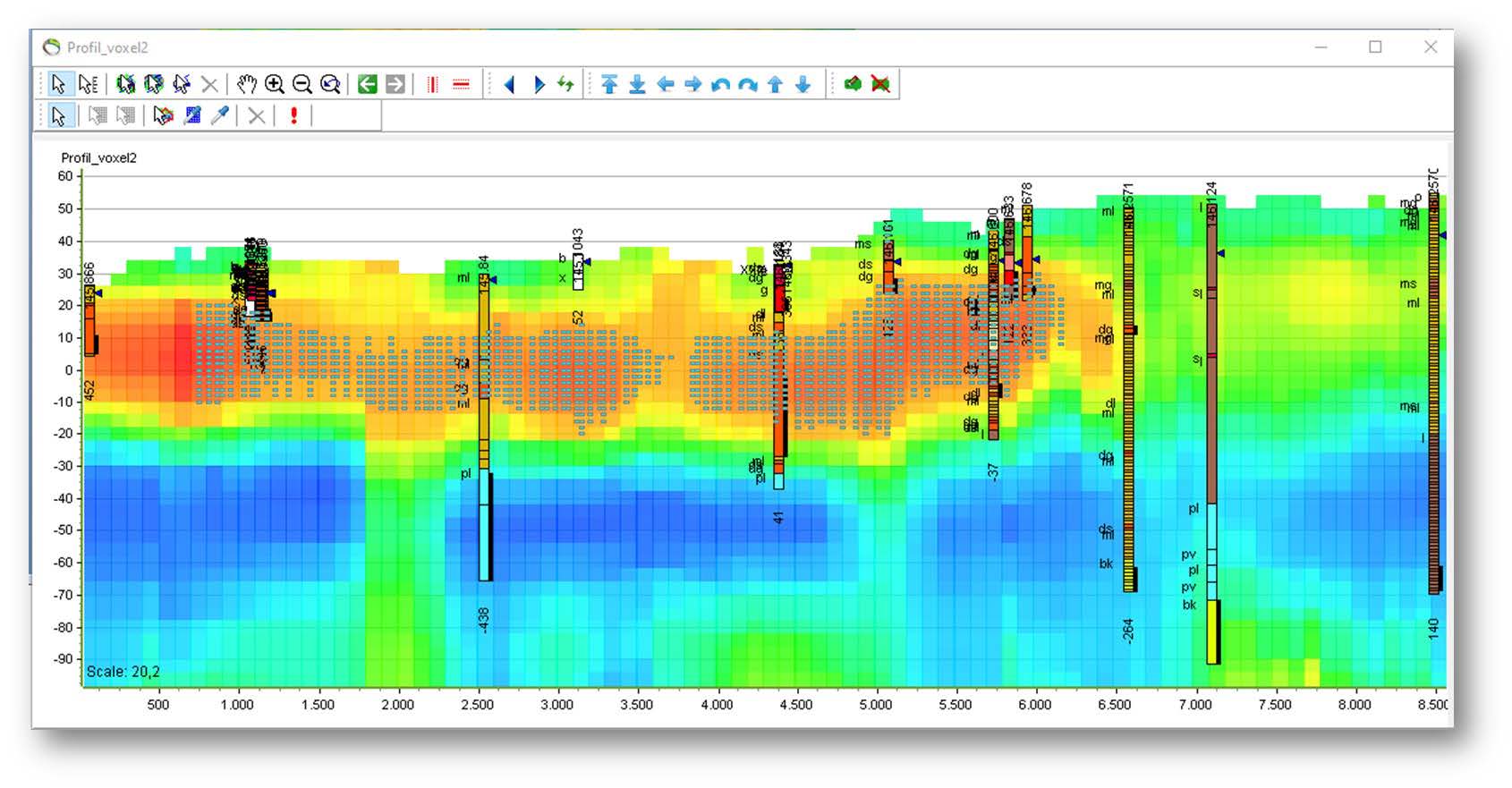
Resistivity between 70 and 200 ohmm selected in a 3D resistivity grid (blush marks on top of the high resistivity areas (red colors)
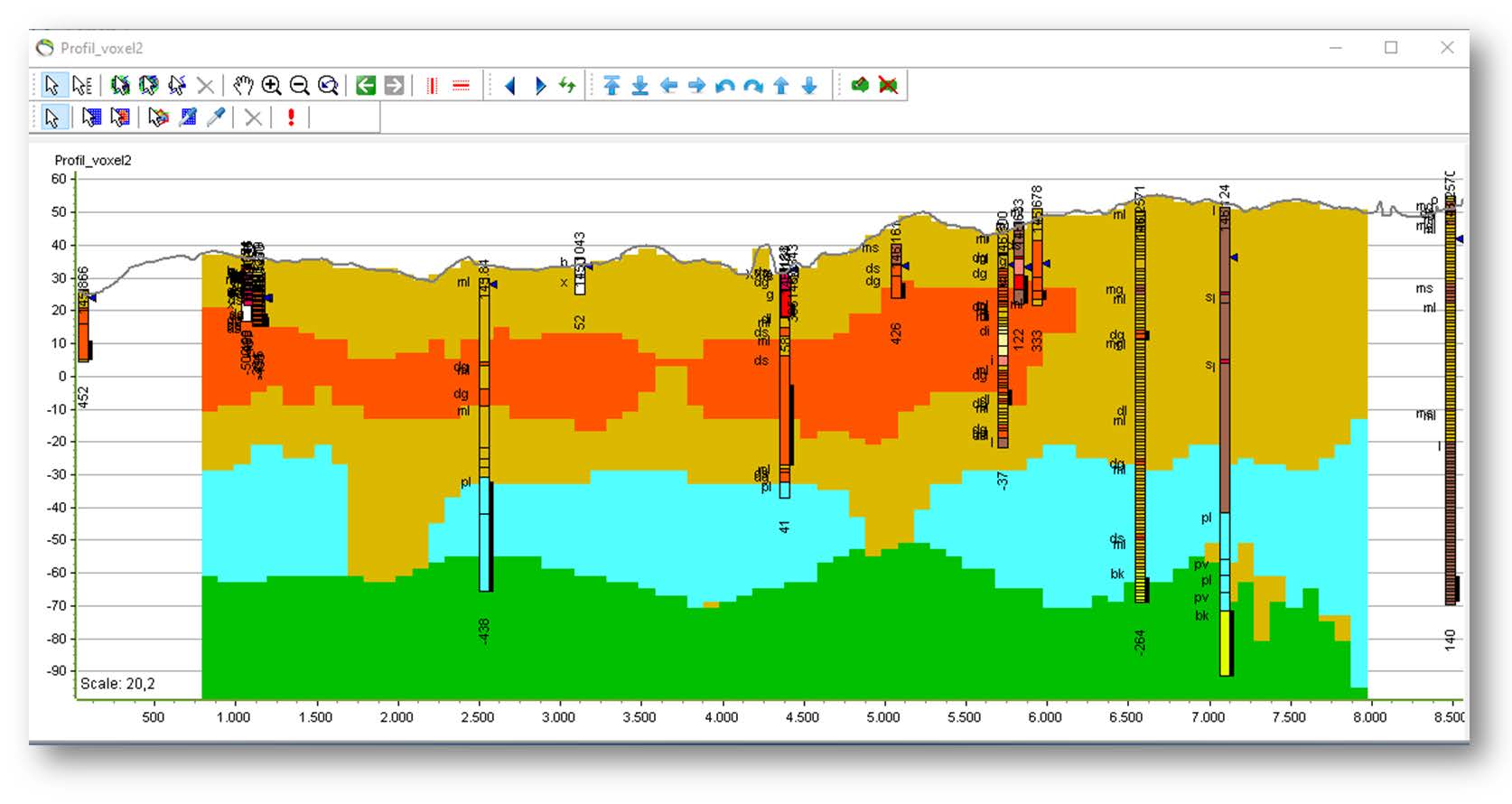
Final voxel model based on resistivity grid from EM data

